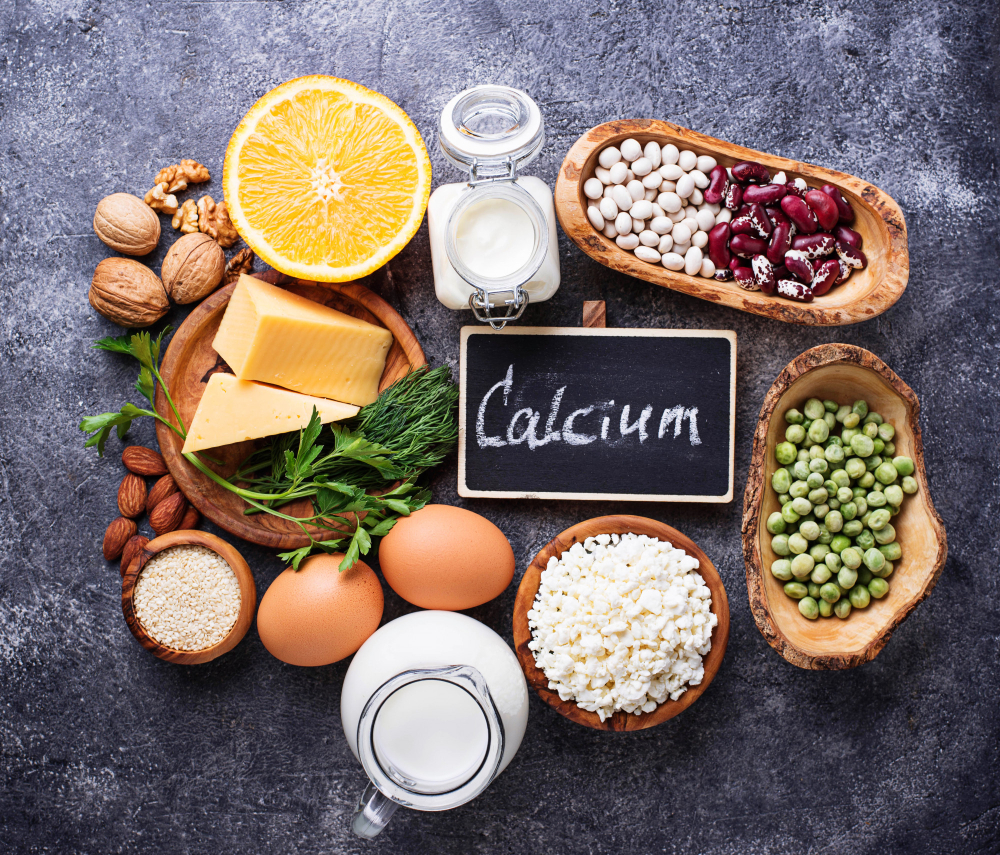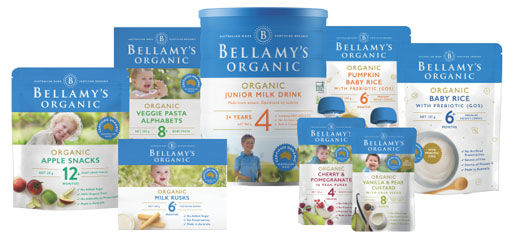Coconut, almond, rice – which milk alternative is the best?
Chances are when you were growing up you had regular cow’s milk in the fridge. Perhaps a light version, or maybe even soy milk if someone in the family didn’t like or could not tolerate dairy. Twenty to thirty years’ later and we now have a growing range of milk alternatives, all claiming to offer various health benefits. Here are some of the most popular milk alternatives available, and the pros and cons of each, when compared to dairy milk.
Almond milk
- Water is the main ingredient of almond milk, often followed by sugar and then 2-3{e627f2a316745bf1bf6f3c2c6d1545bd58cbcadba73224f44ce78b24d4841414} almonds. Overall this means that almond milk contain very little protein, at most 2-3g per serve compared to at least 8g of protein in soy and dairy milk.
- While there are a number of unsweetened almond milks now available, regular varieties can also be relatively high in added sugars with up to 12g of added sugars per serve, including ingredients such as oils, emulsifiers and gums which thicken the almond water into a more milk-like consistency.
- It is therefore important to choose a variety of almond milk that contains both added calcium and Vitamin B12, which are two key nutrients we often assume we will receive when we consume ‘milk’.
Rice Milk
- A popular choice for those battling various food allergies and intolerances, rice milk, like almond milk is just a blend of water and brown rice. The proportion of rice in rice milk, however, tends to be higher, at approximately 10 to 13{e627f2a316745bf1bf6f3c2c6d1545bd58cbcadba73224f44ce78b24d4841414} which results in a milk that contains significantly more carbohydrate than either cows or almond milk.
- Rice milk also contains various oils and additives to create a milk like consistency.
- The protein content of rice milk is exceptionally low, and the key is to choose an unsweetened variety that is fortified with calcium and Vitamin B12.
Oat Milk
- Made from a mix of water and oats (up to 15{e627f2a316745bf1bf6f3c2c6d1545bd58cbcadba73224f44ce78b24d4841414}), the biggest difference between other plant based milks and oat milk is that oat milk does contain relatively high amounts of the dietary fibre beta glucan, which is clinically proven to help lower blood cholesterol levels.
- The downside is that oat milk, even the unsweetened options are relatively high in calories and carbohydrates compared to dairy milk with close to 30g of carbohydrates per serve and remains low in protein with just 2-3g of protein per serve. Also, oat milk contains a mix of oil, salt and gums in its formulation.
Soy milk
- The closest to dairy milk in terms of the nutritional benefits, a serve of soy milk contains 8-10g of protein and 10g of carbohydrates.
- The main ingredient in soy milk is again water, along with soy beans (10-14{e627f2a316745bf1bf6f3c2c6d1545bd58cbcadba73224f44ce78b24d4841414}), sugar, gums, flavours and salt. As soy milk has been available for a number of years there is also a lot of fortified varieties available, containing more calcium, protein and also lower sugar varieties.
Coconut Milk
- Another increasingly popular variety of plant based milk is coconut milk. Made from water, coconut cream, sugar, emulsifier and salt, coconut milk is is higher in saturated fat but has less carbohydrates.
- Coconut milk therefore offers the least in nutritional sense as it contains minimal protein and carbohydrates and is naturally low in nutrients.
- Very few calories, minimal protein and carbohydrates, you are basically drinking a bit of fat and water minus any natural nutrients. While there are varieties that contain added calcium and vitamins, there are plant based milk alternatives that are a lot more nutritious to consider.
In summary…
The milk you choose to drink is a personal choice – you may prefer a plant based diet; or dislike the taste of dairy or you may be looking for vegan, lactose free or allergy friendly alternatives to cow’s milk. Whatever your preference it is important to know that very few plant based milks contain the nutrients of dairy milk, and may therefore put you at risk for a range of nutritional deficiencies. For this reason, always consult with your GP or dietitian before choosing to offer these alternatives milks to children.
Featured post
-
05 Diet Plans That Are Good For Your Health
31/07/2022
-
Best Times to Sleep for Adults & Children
01/06/2022








